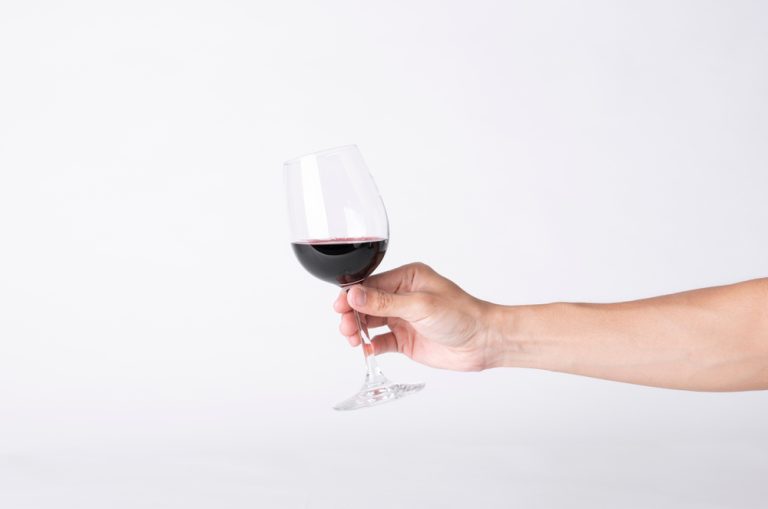There is no doubt that this loss of personal control will have affected our wellbeing, but Anicich’s recent research suggests that many people have coped much better than they might have initially expected with the new challenges. And for those of us who are still struggling, psychologists like Anicich have some advice for the best ways to restore our sense of personal power and control – both now and in the future. But the terminal stages of addiction will strip everything away, and an addicted person who refuses to recover will often be left with nothing.
- This is particularly critical when the counseling relationship includes a cross-racial or cross-gender dyad.
- In clinical settings, psychological conditions may be better understood when issues of power, such as powerlessness or helplessness, are considered.
- It is the feeling that we have had to, or must seriously, compromise ourselves or something we hold dear due to external forces seemingly beyond our control.
- Diverse conceptualizations of the power construct exist, which are based on the differing theories and philosophies that are present in research and literature.
Subsequent to feeling out of control comes the lack of capability to be in command of most aspects of one’s life. Powerlessness also can be considered as the absence of complete authority or status to affect how others will act toward others. It is viewed by some that, when confronting powerlessness, individuals may be able to affect or change the negative behaviors (e.g., compulsions and addictions) of either themselves or others. People may experience feelings of powerlessness when considering areas where they feel a lack of strength, competence, or skills to overcome realities in life that have no solution or answer.
Cultivating moral resilience
Therapists and counselors are equipped with an array of skills to work effectively with clients. In counseling, it is not unusual for imbalances of power to surface. This view of mental health focuses on mental health disorders as illnesses that require https://en.forexdata.info/50-substance-abuse-group-therapy-activities-for/ a cure to solve the presenting problems. Thus, with regard to power, this traditional medical model and approach to mental health treatment puts the therapist in a dominant role of a healer, with the client in a position of needing to be fixed or cured.

Powerlessness refers to a lack of control, and it helps you realize that there are things you can do to treat your addiction and create the life you want. Although you can’t change your addiction, you can learn how to live a sober life in recovery. So if you tell your sponsor or other safe person that you drank as soon as you can after sobering up, it can be a way of admitting you are powerless over alcohol.
Name 20 things you are powerless over.
Sometimes just admitting that we’re powerless is enough to solve our problems. When I’m feeling overwhelmed, acknowledging that I’m powerless over the fact that I have limits frees me to stop trying to do everything. Powerlessness over addiction can be difficult to overcome, but it is possible with the right help and support.

Today, people with disabilities may experience societal barriers of independent living. Societal barriers may include governmental policy, minimal accommodation, negative attitudes, or discrimination. Why Do I Sneeze When I Drink Alcohol? People with disabilities may feel that the barriers and negative attitudes toward them serve to augment their disabilities, decrease their independence, and enlarge their sense of powerlessness.
Step 1 of AA: “Powerlessness”, the First of the 12-step Journey
It’s so easy to blame other people for our problems, but recovery requires us to take personal responsibility, and that’s exactly what Alcoholics Anonymous teaches. It’s your responsibility to stay engaged in your recovery and work with your sponsor. It’s your responsibility to be open and willing to treatment and growth.
Today with the understanding of powerless, our number one priority is our relationship with our creator and how we can best serve. This step is not saying you are powerless over your actions, decisions, or relationships with others; only over your addiction to alcohol or drugs. It is not an excuse to continue in a destructive cycle because there’s nothing you can do about it. Many 12-Step programs are well-known groups that use the concept of powerlessness to benefit recovery. The Alcoholics Anonymous (AA) Big Book says “powerless over alcohol” as its first principle.
What Powerlessness Over Drugs and Alcohol Means
These people and professionals can offer you the hope and encouragement you need to keep going. They can also provide practical assistance, such as helping you find resources or providing transportation to treatment. Remember, you are not alone in this battle – there are people who want to help you succeed. The main criterion for a successful First Step is a person’s acceptance that they do, indeed, have the disease of addiction. A person shouldn’t consider themselves weak-willed or incapable when they admit to their powerlessness, and they don’t have to do anything about their addiction yet. Step One is just asking a person to acknowledge that they have the disease of addiction, and life is harder because of it.
Power is also presented as an innate ability to take action to make changes in one’s life or in a community, nation, or the world. Eventually, this pseudo-control turns into a lengthy desire for a substance. One of the more common feelings is the inability to manage timelines and behaviors and keep track of daily routines and tasks.

